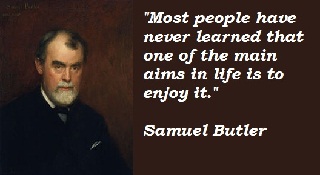Samuel Butler was born in a small village in Nottinghamshire, his father was Anglican clergyman and grandfather was a bishop.
Samuel Butler Education
During the school days, he learned classical studies and continued education at Cambridge and after graduation (1858),

There was a family crisis regarding his career and finally decided that Butler would be allowed to immigrate to New Zealand and there attempt to establish as a rancher.
Biography of Samuel Butler
He left England soon afterward, arriving in the Canterbury region of New Zealand in January of 1860. Butler lived in New Zealand for nearly five years and earned a double benefit that he invested in sheep ranch.
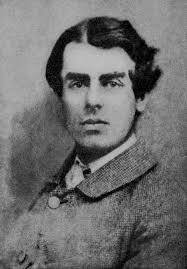
He read so much during free time and in 1861 he came across Charles Darwins Origin of Species (1859). Butler influenced too much by Darwin’s book. He later commented that, for him, the theory of revolution had replaced Christianity.
Works of Samuel Butler
Afterward, he submitted a series of articles to the Canterbury Press in 1863, defending from Darwin’s theory. His writings attracted New Zealand and Darwin himself wrote praising words to the Press.
At the same year, Butler’s father compiled a collection of his son’s letters and had them published as The First Year in Canterbury Settlement (1863). Soon afterward Butler sold his ranch to become a full-time contributor to the Canterbury Press.
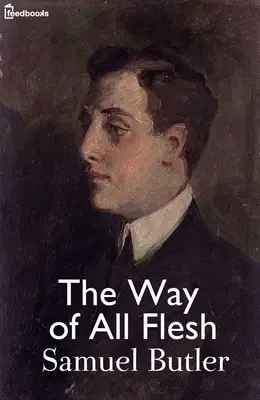
He came back to England in 1864 and settled there. He joined Heatherleys School of Art to become a painter. However, after some years he realized that his artistic talent would not be sufficient.
Samuel Butler Erewhon
So he started writing his first major satire, Erewhon and published it anonymously in 1872. Erewhon got immediate success and soon he became famous. Butler wrote The Fair Haven (1873), a satirical attack on Christian doctrines which was misinterpreted by some clergymen as a brilliant defense of those beliefs.
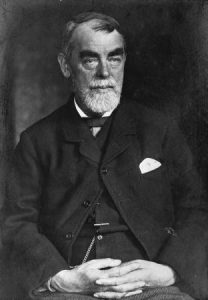
Butler next began work on the novel The Way of All Flesh, but soon realized that its negative portrait of his family would let it not be allowed to write. Therefore, he left that work behind in 1878.
Darwin’s Work
In the next subsequent decade, Butler focused biological revolution in his Life and Habit in the year 1878. Butler’s concern with Darwin’s work led to a celebrated conflict between the two men, produced not by the differences in their theories, but by a misunderstanding.
Darwin’s translation of his essay Krause added negative remarks concerning Butler’s theory. So the entire life Butler remained against to the Darwin. During the end of his life, he published two satirical essays.
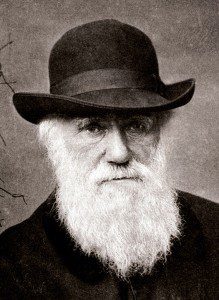
He claimed that Odyssey had written by woman writer and in another essay, he criticized Shakespeare in a strange way that Shakespeare had written sonnets for a homosexual lover.
He also published English translations of the Iliad and the Odyssey, collaborated with his friend Henry Festing Jones on a number of musical compositions, and occasionally worked on the manuscript of The Way of All Flesh.
Samuel Butler Facts
Actually, before his death in 1902, he did not want to publish The Way of All Flesh until the death of his two sisters but his literary executor, R. A. Streatfeild, didn’t follow Butlers advised and he published The Way of All Flesh in 1903.
Butler’s work of art challenged to the norms of society such as satires of English society in novels such as Erewhon or Over the Range (1872).
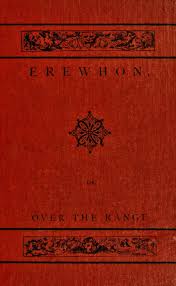
Erewhon Revisited Twenty Years Later (1901), and opposed dominant literary, religious, and scientific ideas of his day in numerous essays. In this manner, Butler remained an undivided figure of the contemporary literary genre.
Famous Samuel Butler Quotes
